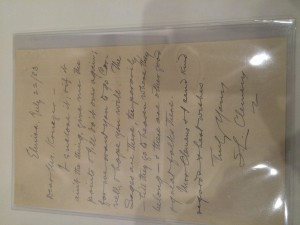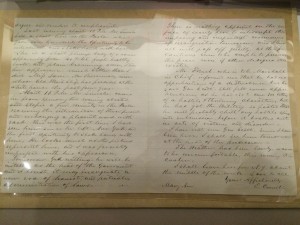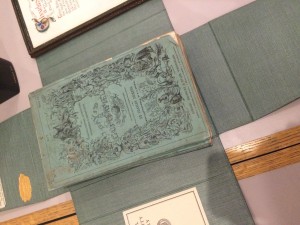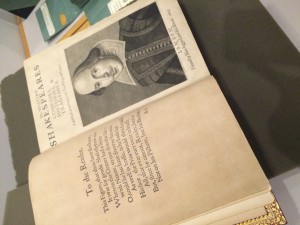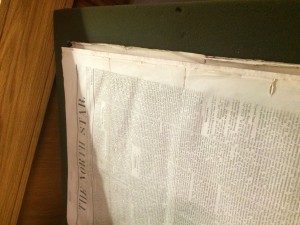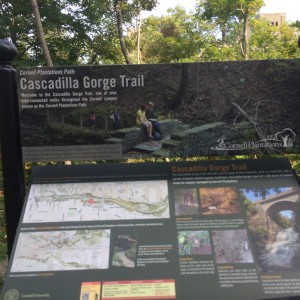The Self-Defense workshop was the event that I was waiting to attend for a long time. I knew that before coming to college, I needed to learn how to physically protect myself if I ever encountered a dangerous situation. Participating in this workshop really opened my eyes to the real meaning of self defense which was to prepare oneself to face difficult situations and use the physical tactics as needed. The workshop required that all the participants be very active which meant that we had to change our posture regularly. When everyone was standing in a circle around the room, the instructor told us that we had a lazy and weak posture that made us look like victims. In order to combat the onlooker, you had to present yourself as a strong opponent which included spreading out your legs a little bit and letting your hand hang loose along your hips. Suddenly, everyone in the room started to look more alert and strong. I found it amazing to see how a simple posture transformation could change the way you perceive another person’s capabilities.
Soon we jumped into the physical training portion of the workshop and learned a few martial arts moves that could help us guard against attackers. The most important piece of training that we learned was the verbal component which required the victims to assert their statements to the attackers. Phrases like “No!” , “Leave Me Alone”, or “Don’t Touch me” have such a powerful impact when spoken with conviction, and that’s exactly what the attacker doesn’t expect to hear. When the attacker stops seeing the person as a victim, he or she will back away from the situation and avoid any confrontation. The main goal for the victim is to avoid any physical fights at all costs, and the only way to do that is to present oneself as a strong opponent and not challenge the attacker in any way. Self defense is only useful when the onlooker attacks the victim first but it is not at all necessary that the victim insinuate the fight. After participating in this workshop, I have realized that sometimes my words can speak louder than my actions in certain situations and that self defense is a useful tool for protection but not for harm.

